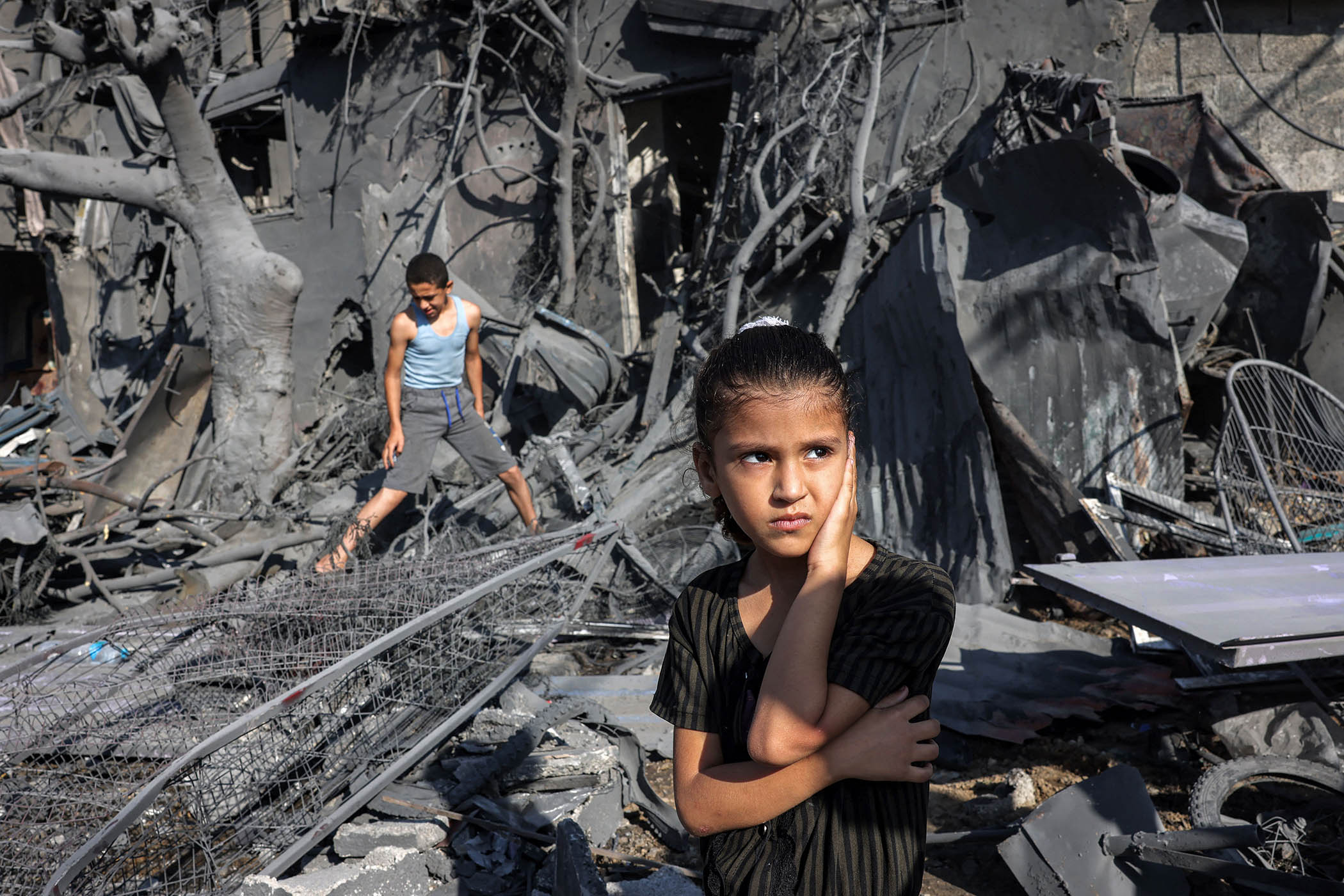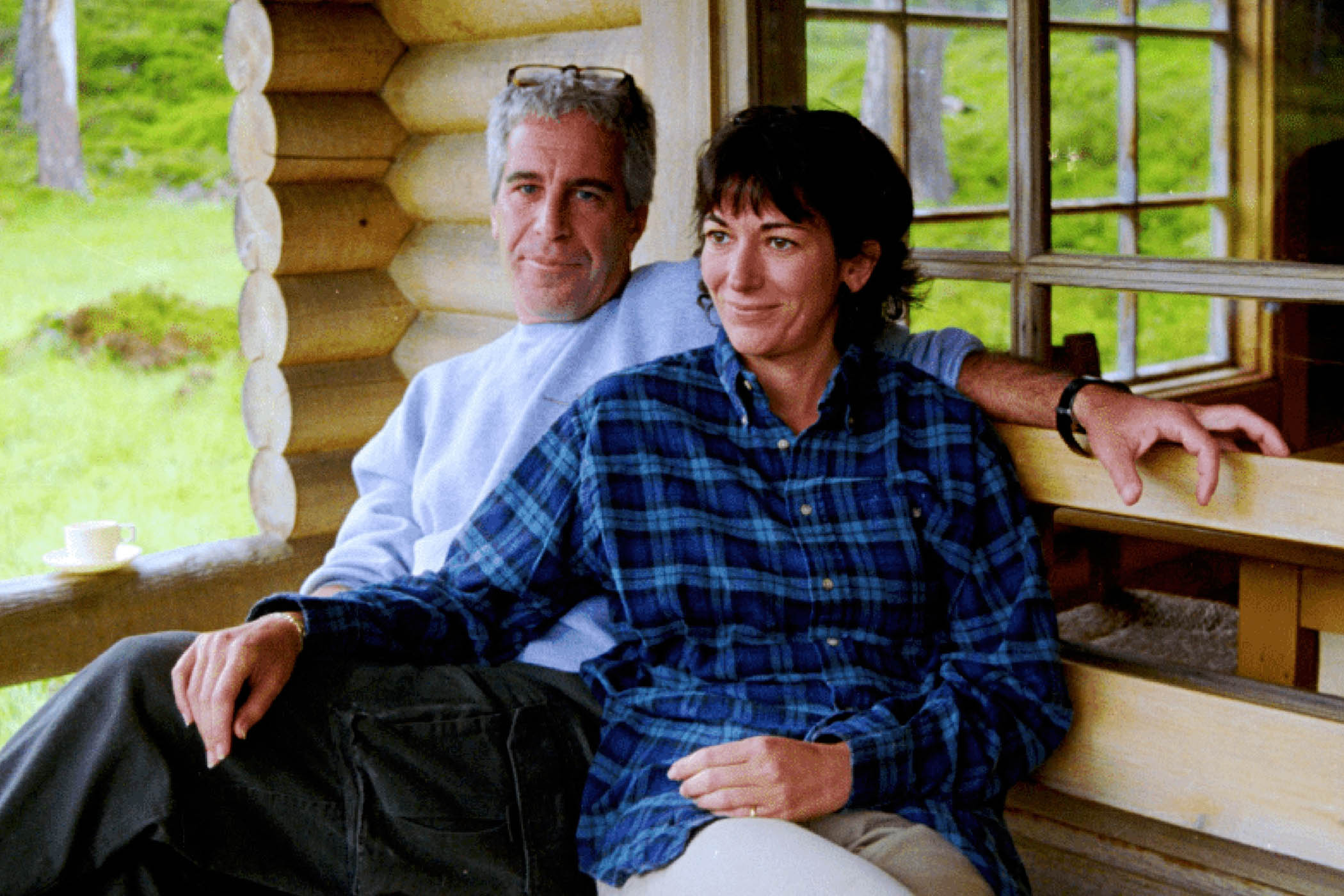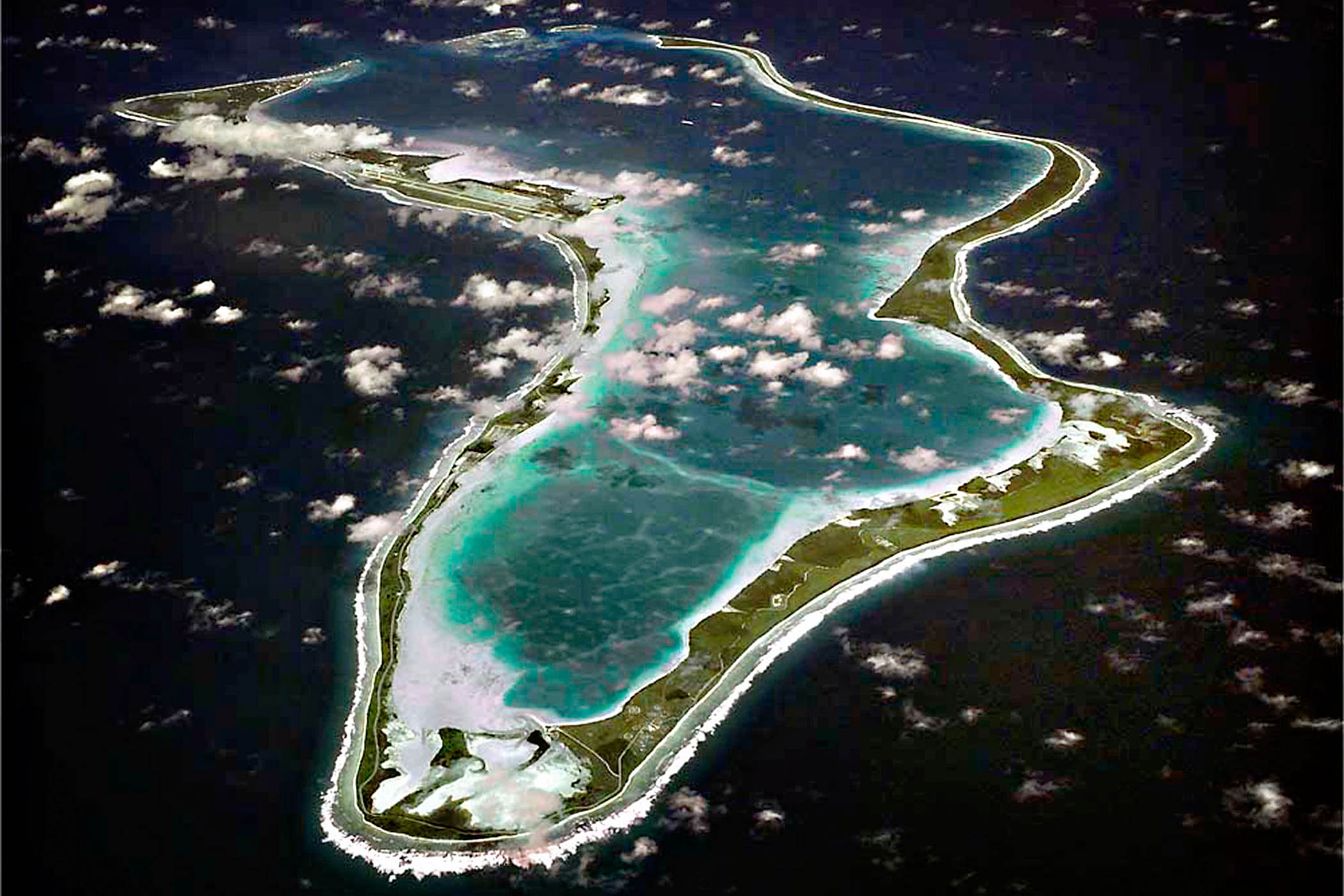Who would not want a ceasefire? With the exception of arms manufacturers and politicians desperate to maintain power at any cost – whether that cost is material, moral, legal or human. There are extraordinary scenes of jubilation in Gaza’s streets, children expressing their exuberance on social media about returning to homes and schools, the flow of people back to the north. Journalists removing their helmets under clear skies, rescue workers celebrating. Ceasefire means an end of the bombing, a pause in the of swarms of drones, quadcopters and 900kg (2,000lbs) bombs that vaporise buildings together with residents, contents, neighbours.
Ceasefire signifies the opportunity to find survivors trapped under rubble, the chance to restock medical centres and hospitals, to free up schools from the dispossessed and return them to being centres of learning. It is a gift of a chance to grieve and bury the dead, to rebuild, replant, to fish, grow, share food under a sky free of hi-tech killing machines, to swim in a sea without worrying about snipers and gunboats, to heal wounds, psychological and physical, for parents to look at their children without fearing that any moment they may have to bury them. The potency of hope, communicated through Palestinian social media accounts for years now, glows like the elixir of life itself. Who would not find cause to celebrate such a moment of calm, peace and repair that a ceasefire could entail?
Part of me has relaxed since the ceasefire was announced, palpably so, however much I fear and distrust the motives and personalities behind the deal and the precedent it sets. The deal is precarious in the extreme: it would be naive to believe otherwise. For the bombing has eased, not stopped, with reports from medical agencies of more than 19 killed and many more injured since its announcement and Israeli tanks on Rashid Street firing directly at civilians returning home. On Friday, three British doctors were denied entry into Gaza by Israel despite months of coordination.
Overwhelmingly, I mourn and despise the fact that this ceasefire has come now, two years late and that the international community failed to ensure it happened immediately. If it had been on 9 October 2023, many captives, both Israeli and Palestinian, would be alive and well in their homes. Ancient monuments, mosques and churches would still stand in Gaza. Orchards, crops and greenhouses would continue to feed its population. Rafah, Deir al-Balah, Gaza City, Nuseirat and other bustling towns would continue with their unique cultures.
Also, 16,000 Palestinian children would be at school, rather than in their graves. At least 3,000 children would still have their limbs. More than 200 journalists would continue to report.
The list of decimation is unbearably long and it stems from the outlook and policies of the Israeli government that seems to assume impunity in carrying out the killing of Palestinians. The accompanying racist hate speech by many government officials was rife. A population has to be made expendable before its deliberate extermination. And it is the gut contempt for the Israeli government’s outlook, actions and impunity that is ripping apart western liberal democracies and the international order.
A ceasefire is a start, for the genocide must end. Any quest for justice must further Palestinians’ desire for self-determination and be respectful of the equality of all peoples. High-handed gestures that allow for a continuation of the bloodshed are unlikely to succeed. We need to undo the pernicious narratives that drive the violence and the continuing land appropriation by Israel.
Selma Dabbagh is a British Palestinian writer and lawyer. Her novel Out of It is set mainly in Gaza. Since October 2023, she has written a blog for the London Review of Books
Photograph by Mohammed Abed/AFP via Getty Images
Newsletters
Choose the newsletters you want to receive
View more
For information about how The Observer protects your data, read our Privacy Policy


